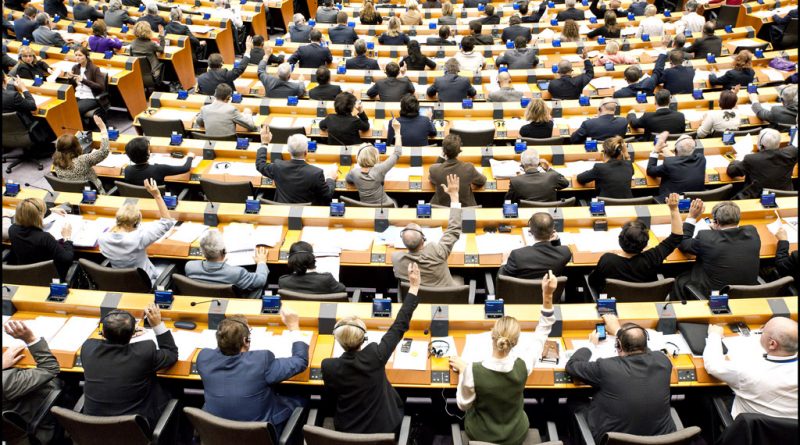Increased Infighting and Mediocre Governance Threatens to Unravel the European Union
By Nathaniel Purtell
Staff Writer
On Wednesday, September 5, lawmakers from across the European Union voted in Strasbourg to invoke Article 7 of the 1992 Maastricht Treaty against the government of Hungary, reports DW News. Article 7 of the Treaty of Maastricht allows for the potential suspension of voting rights based on a violation of fundamental rights outlined in the European Convention on Human Rights and other “general principals.”
However, the move would require a qualified majority, which it cannot gain because of the solidarity of Poland, Hungary, and the Czech Republic. The EU voted to invoke the same Article 7 proceedings against Poland last December in response to the rise of the POL Law and Justice Party, and changes to the constitutional court, reports Euronews.
It would be remiss not mention the heir of German and French arrogance that pervades the political domineering of Eastern Europe. The European dream of endless prosperity and integration has displayed signs of wear for nearly a decade since the global recession that has only become more apparent in recent years, reports Newsweek.
While the EU was busy trying to put out endless small fires: its banking crisis, its unemployment crisis, and its migration crisis, a sentiment was building among the working poor across Europe. Brexit was a harbinger of the tide of Eurosceptic discontent that is still rising.
Neoliberals praised the defeat of Le Pen in France’s presidential election, suggesting it signaled the end of the nationalist surge. Such a judgment seems naïve now. Gone is the general sense of optimism about the future as the average European citizen has grown to distrust the EU more than before.
Though largely symbolic, the move underlies a larger political battle within the European Union, one that has revealed the fragility of the liberal world order that so many have taken for granted. In Europe, a split between larger EU members such as France and Germany and smaller states, such as Hungary, Poland, and the Czech Republic is growing.
Perhaps this is understandable given the mediocre governance that has ineffectively managed the bloc’s issues. Unemployment and underemployment, especially among youth, remains endemic.
The newly formed Frontex border agency which promised to make Europe’s borders more secure has done a poor job at best to stem migration, and at worst, been accused of being complicit in it. Increasingly, small states feel that giants among the union such as Germany and France are using their economic prowess to strong-arm smaller states into their political vision for the EU.
The migration crisis represents only the latest battlefront of the culture war among EU members. Two vastly different visions for the EU exist and are in conflict with each other. States such as Hungary and Poland are willing to forego cosmopolitan neoliberal multiculturalism in favor of initiatives such as increasing birth rates and reducing migration, as the Hungarian Free Press reports.
Though the vote does very little in actuality, it poses the threat of passing on the animus of the current culture war into other EU affairs. Moderate and liberal EU lawmakers can no longer afford to ignore the demands of their nationalist right counterparts. Nationalist Right and Populist movements have made inroads in nearly every EU country, and even have the majority in the EU countries of Italy, Austria, and Poland among others.
Sweden and Germany, countries that were once considered bastions of liberal ideals, have significant portions of their populace voting for right-wing parties. If the recent migration summit holds any representative value, the nationalists of Europe will have increasing power and influence within the bloc, reports the Guardian. EU Parliamentary elections in May 2019 will only solidify the nationalist right’s grip on political influence.
The EU remains at a serious crossroads in its development as one of the world’s most powerful political bodies. Traditional liberal voting blocs can no longer take their unchallenged power as a given. It can no longer afford to ignore the sentiments of its nationalist strains and its working-class constituency. If it does, anti-EU sentiment will continue to grow, threatening the stability and prosperity of the economic region. Article 7 represents a small, symbolic battle of the larger political conflict. Time will see if enough is done to satisfy disenfranchised Europeans or if the EU will punt its problems into the future once again.

